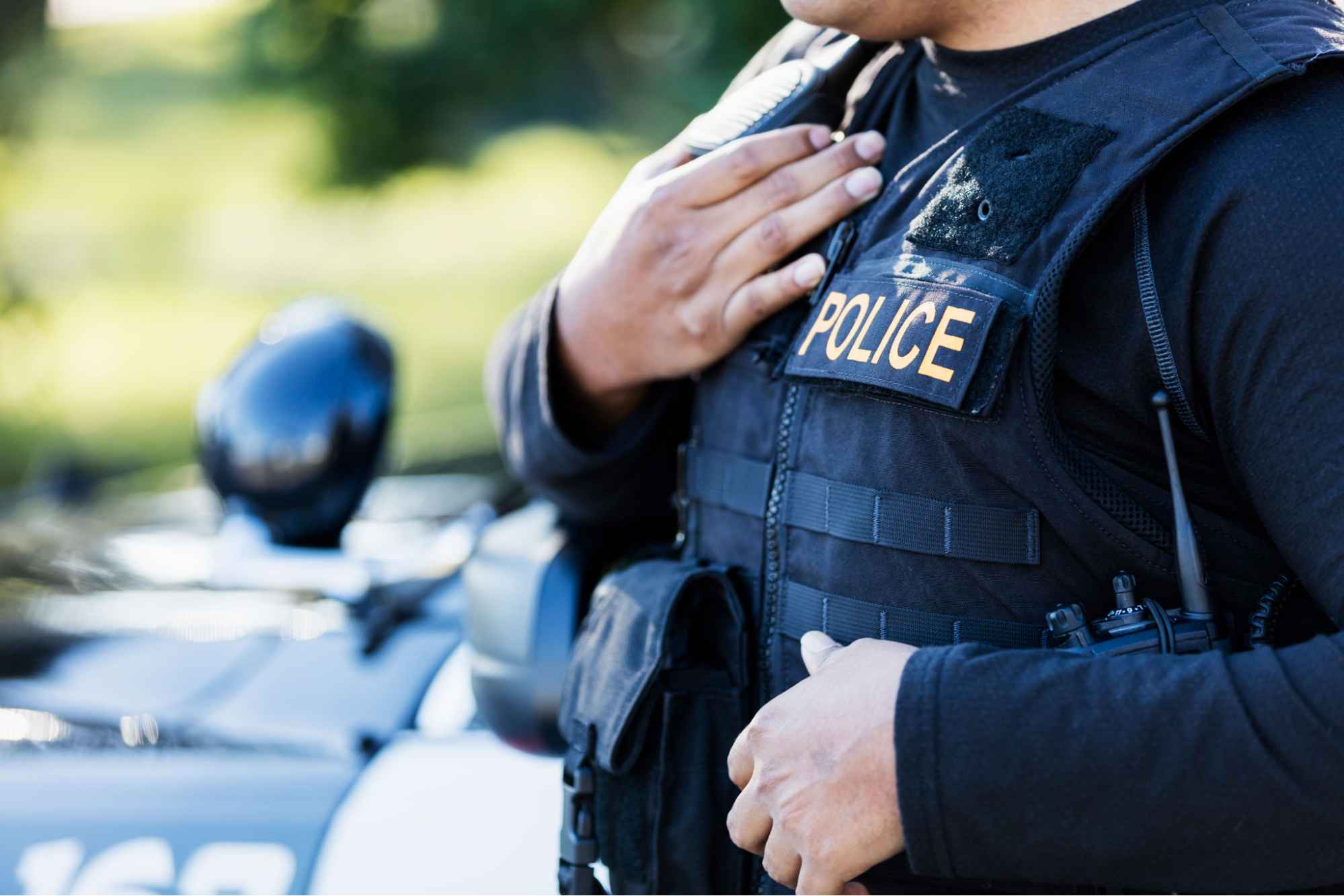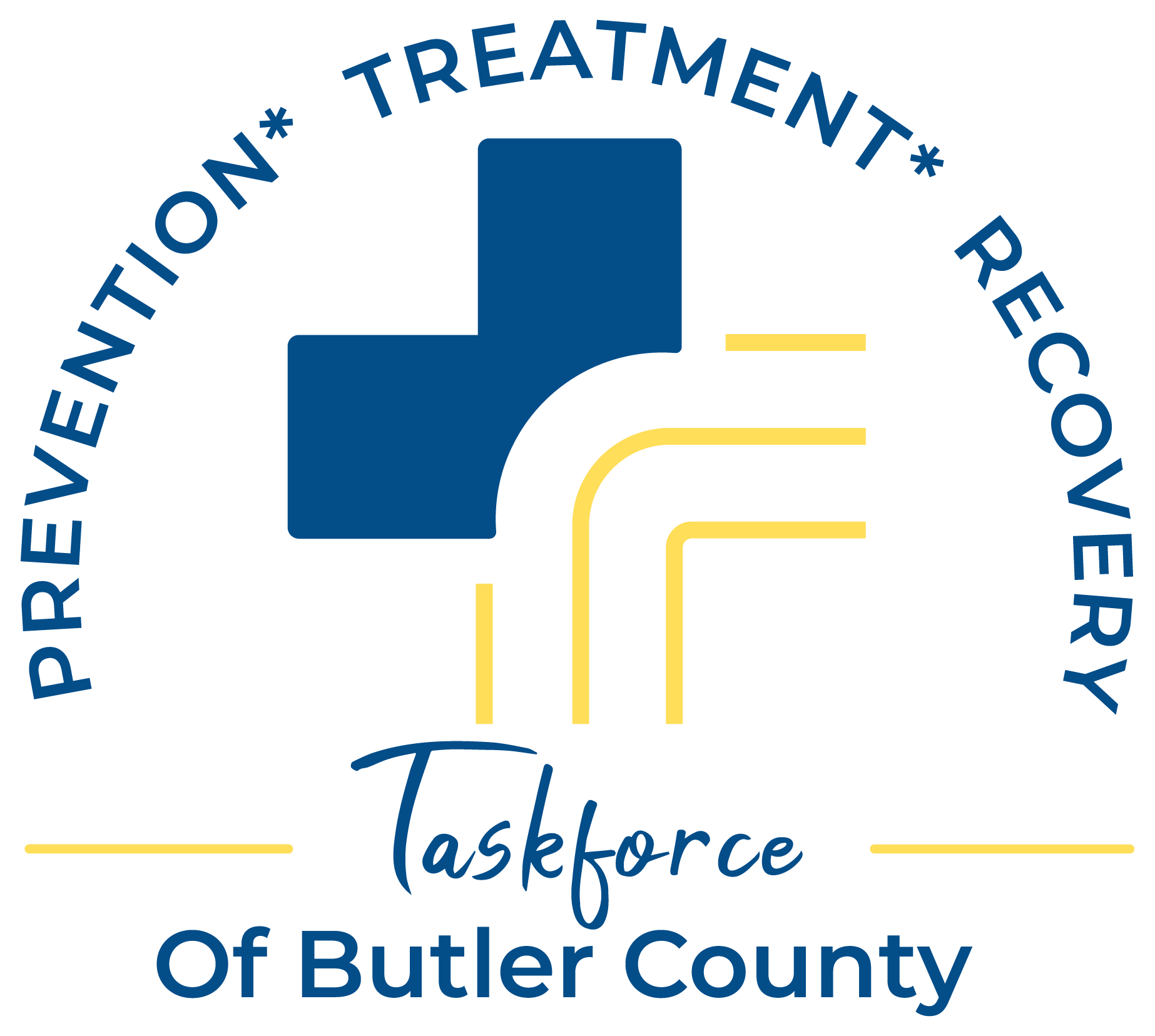Law Enforcement

Enforcing Laws
Increasing enforcement of current opioid laws and regulations with a focus on large scale dealers.
Monitoring Programs
Increasing adherence to prescription drug monitoring programs.
‘Take Back’ Days
Creating “Take Back” days for unused prescriptions. Addiction has no boundaries.
Get Educated
Our county’s law enforcement officials are on the frontline of the opioid epidemic and play an integral role in the countywide efforts. Drug trafficking has become widespread, and the resulting drug abuse violations and drug-related crimes are fraying the fabric of our communities.
Investigation
The Butler County Prevention Coalition and Addiction Taskforce is collaborating with local coalitions, as well as with state and federal law enforcement agencies, sharing intelligence and resources to investigate overdose deaths and dealers. Through their efforts, we aim to reduce the supply of heroin and other drugs in Butler County and, in turn, improve the safety and well-being of our entire community.
Your local law enforcement is working to give a voice to those who have lost their battle to addiction, but we need your help to investigate and pursue prosecution. To learn more about their efforts and how to get involved reach out to Martina Weber at WeberM@bcmhars.org
Get Support
We Can’t Do This Without The Help Of The Community.
If you’re addicted or have information on an overdose, please connect with your local law enforcement officials.
All tips will remain confidential and identifiable by numbers only. Together, we can make a difference in reducing the effect these drugs have on our communities.
Get Involved
Traditional law enforcement methods have had little impact on this epidemic. As such, we’ve teamed up with everyone from local government to emergency personnel to medical professionals to not only understand addiction but also to learn how we can intervene, give medical aid (Narcan) and provide resources to both those addicted and their families through the Handle with Care (HWC) model.
If a law enforcement officer encounters a child during a call, that child’s information is forwarded to the school before the school bell rings the next day. The school implements individual, class and whole school trauma-sensitive curricula so that traumatized children are “Handled With Care”. If a child needs more intervention, on-site trauma-focused mental healthcare is available at the school.
Law Enforcement plays a pivotal part in the HWC model by:
Determine whether children are present when responding to an incident.
Health & safety checks on children who are on scene.
Talking with children about the incident.
Avoid interviewing witnesses in the presence of children.
Follow-up interviews.
Documentation – Child’s name, age and school/agency should be documented by the responding officer.
Avoid subduing or arresting someone in the presence of children.
Separating children from the Parent/Guardian if appropriate or necessary.
Provide parent/guardian information/resources.
Daily review of reports.
Quarterly defending childhood initiative team meeting.
We’re working to aid first responders with tools, knowledge and resources in an effort to intervene while on the scene of an overdose. We understand that addiction is better treated as a medical condition than a crime.
